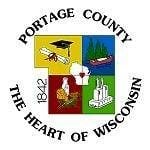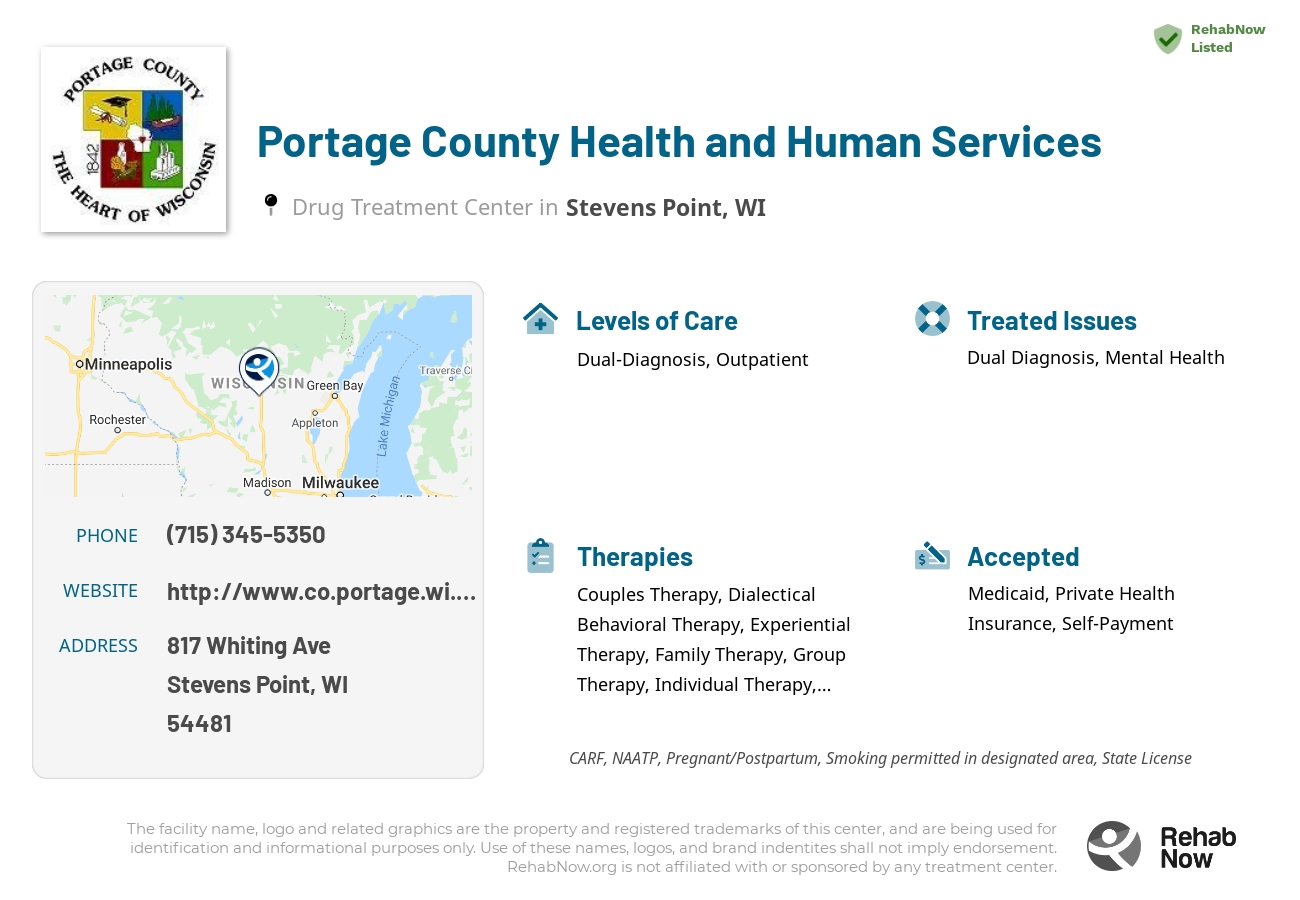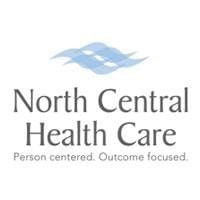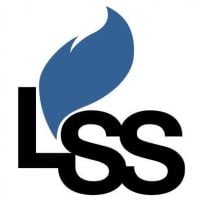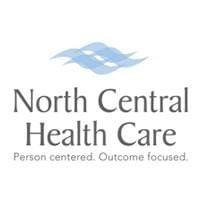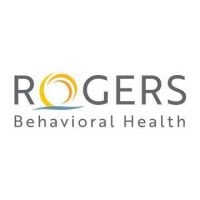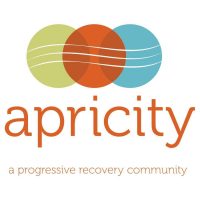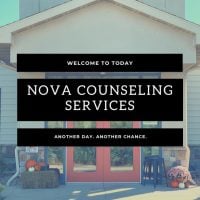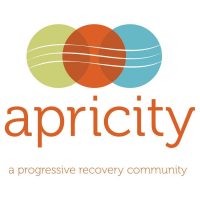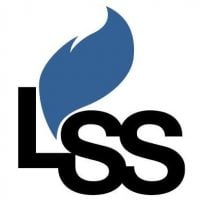Portage County Health and Human Services
Drug Rehab Center in Stevens Point, Wisconsin
Portage County Health and Human Services offers specialized treatment for dual diagnosis and mental health issues in Stevens Point, WI, utilizing various therapies and payment options, including nicotine replacement therapy, and providing compassionate care for overall wellness.
About Portage County Health and Human Services in Wisconsin
Portage County Health and Human Services is a Dual Diagnosis, Mental Health Treatment Facility located in Stevens Point, Wisconsin. This facility specializes in providing treatment for individuals who are experiencing both mental health issues and substance abuse problems. With their focus on Dual Diagnosis, Portage County Health and Human Services offers outpatient levels of care to treat these co-occurring disorders. They accept private health insurance as a form of payment and are affiliated with Portage County.
Portage County Health and Human Services utilize a variety of treatment methods and services to address addiction and substance abuse. Their programs are designed to cater to the unique needs of individuals suffering from Dual Diagnosis, ensuring that both mental health and substance abuse concerns are effectively addressed. Through their outpatient levels of care, they offer counseling and therapy sessions that aim to help individuals understand the underlying causes of their addiction, develop coping skills, and foster personal growth. This facility also provides access to support groups, medication management, and other resources that are essential in the journey to recovery from Dual Diagnosis and mental health issues.
Genders
Ages
Modality
Additional
Conditions and Issues Treated
Levels of Care Offered
This center offers a variety of custom treatment tailored to individual recovery. Currently available are Dual-Diagnosis, Outpatient, with additional therapies available as listed below.
“Outpatient treatment is ideal for those who have a lower intensity addiction. It’s also suitable for those with a supportive environment and those on a tight budget.
Outpatient treatment can be considered the lowest intensity level of addiction treatment. It is ideal for early phase addiction or lower intensity addictions. It may involve weekly sessions instead of daily. Peer group support, 12-step programs, and individual counseling may still be used and anti-addiction medication.
Therapies & Programs
No single treatment works for all addicts; therefore, the goal of treatment and therapy should be to find what works best for each individual. Some people requiring addiction treatment may only need a few weeks of inpatient care. Others will require long-term residential care. Tolerance and withdrawal levels vary from person to person and thus affect the intensity of the treatment needed.
If an individualized approach to treatment and therapy is not offered, addicts may fail to reap benefits from their efforts. Professionals must customize plans according to their patient’s needs, limitations, and strengths. The goal of all forms of addiction treatment should be for addicts to find healthy ways to cope with their addiction and its underlying causes.
Couples therapy for drug addiction is a unique form of therapy that allows family members to work through the emotional issues of their loved one’s addiction together. Family members can support each other while learning how to cope with the addiction and encourage healthy changes.
Accordingly, couples therapy for drug addiction is designed for an addict and their significant other or spouse. The two will work with a therapist to learn how the addiction affects themselves and the relationship and how to break the negative patterns of behavior that may have developed.
Drug addiction can destroy a person’s life, as well as their family and friends. The loss of one’s ability to choose how to live and behave often leads the addict into depression, anger, guilt, and many emotional problems.
The therapies usually include siblings, children, and parents who are involved in their daily lives. These sessions are vital because they address past issues that may have hampered an addict’s or alcoholic’s recovery and provide support at a crucial time!
One of the most critical aspects of family therapy is helping addicts’ loved ones see their situation in a new light. It’s also one of the most challenging things a family can do when a loved one struggles with addiction or alcoholism.
Group therapy is held in a safe, controlled setting where patients can feel comfortable sharing their struggles and gaining perspective through shared conversations. It takes place in a group rather than one on one to prevent feelings of isolation or being unique in their situation while creating an environment for addicts at Portage County Health and Human Services to develop fellowship, accountability, and support. Group therapy is an important tool in recovery that prevents cravings that prompt a return to active addiction.
This type of therapy involves the use of a variety of therapeutic techniques to help addicts recover from past traumas that might have triggered their substance abuse. During these sessions, therapists will work with the addict to address painful memories and learn how to cope effectively with stressors as they arise.
During these types of sessions, therapists will typically focus on three main goals:
- Identifying and expressing painful emotions associated with past traumas.
- Reducing the effects of stress on an addict’s life by developing more effective coping mechanisms.
- Developing healthy ways of thinking about stressful situations that can help addicts avoid substance abuse issues in the future.
This type of therapy is typically used in conjunction with other types of addiction treatment services. By identifying and dealing with the root cause of addiction, most addicts can overcome their cravings and prevent relapse once they leave rehab.
Many different types of addiction treatment services exist to help addicts safely get sober, but it’s important for recovering individuals to find a therapist or support group that will help them address the root cause of their addiction.
Dialectical Behavior Therapy is a form of Cognitive Behavioral Therapy that helps patients understand the relationship between their thoughts, feelings, and behaviors. It is beneficial for those whose addictions and behaviors stem from severe mental health issues. It aims to help the patient achieve their goals and identify how they can enhance their lives.
Cognitive-behavioral therapy is a talking-based method that helps people struggling with addiction replace destructive behaviors with healthier ones. CBT also helps them identify the underlying thoughts and beliefs that cause these behaviors in the first place and ways to control those thoughts and feelings. It can be administered as a holistic therapy or as part of combination therapy and—as opposed to turning to drugs and alcohol—helps addicts learn how to respond to negative thoughts instead.
Patient Experience
Experiential Therapy at Portage County Health and Human Services
Experiential Therapy is used by drug treatment facilities to treat substance abuse. This treatment is clinically proven to help addicts in detoxification by allowing them to release emotions in a safe environment. The treatment process involves addicts painting their feelings and releasing them on a canvas.
One of the most popular forms of experiential therapy is known as LPE – Love, Peace, and Equilibrium. Amy Gumowitz developed this treatment in 1992. By implementing her philosophy of “reality therapy” into the treatment, Gumowitz’s results were outstanding. Once her success was validated by those she had been helping, she decided to open her treatment center. Although Gumowitz passed away in 2007, her contribution to the addiction recovery remains effective, and better yet, it is 100% self-sufficient.
Payment Options Accepted
For specific insurance or payment methods please contact us.
Is your insurance accepted?
Ask an expert, call (888) 674-0062
Portage County Associated Centers
Discover treatment facilities under the same provider.
No items foundLearn More About Portage County Centers
Additional Details
Specifics, location, and helpful extra information.
Stevens Point, Wisconsin 54481 Phone Number(715) 345-5350 Meta DetailsUpdated November 25, 2023
Staff Verified
Portage County Health and Human Services Patient Reviews
There are no reviews yet. Be the first one to write one.
Stevens Point, Wisconsin Addiction Information
Wisconsin has some of the highest rates in the United States for both adolescent and adult substance abuse. Since 2009, the state has been experiencing the same escalating rates of drug abuse and addiction as the rest of the country. The major concerns are the misuse of prescription painkillers and the escalating number of deaths due to alcohol-related liver disease.
In 2019, there were 898 drug-related arrests in Stevens Point, which is a 34% increase from the past. There were 201 DUI arrests with about 71% of those being alcohol-related. Most commonly abused drugs in the city include marijuana, heroin, cocaine, and methamphetamine. There are a variety of rehabilitation programs available in Stevens Point, Wisconsin. These programs vary in their approach to treatment, but most rehabs offer inpatient and outpatient programs.
Treatment in Nearby Cities
- Brookfield, WI (123.9 mi.)
- Lancaster, WI (128.0 mi.)
- Kewaunee, WI (102.2 mi.)
- Osceola, WI (163.4 mi.)
- Stevens Point, WI (1.2 mi.)
Centers near Portage County Health and Human Services
The facility name, logo and brand are the property and registered trademarks of Portage County Health and Human Services, and are being used for identification and informational purposes only. Use of these names, logos and brands shall not imply endorsement. RehabNow.org is not affiliated with or sponsored by Portage County Health and Human Services.
